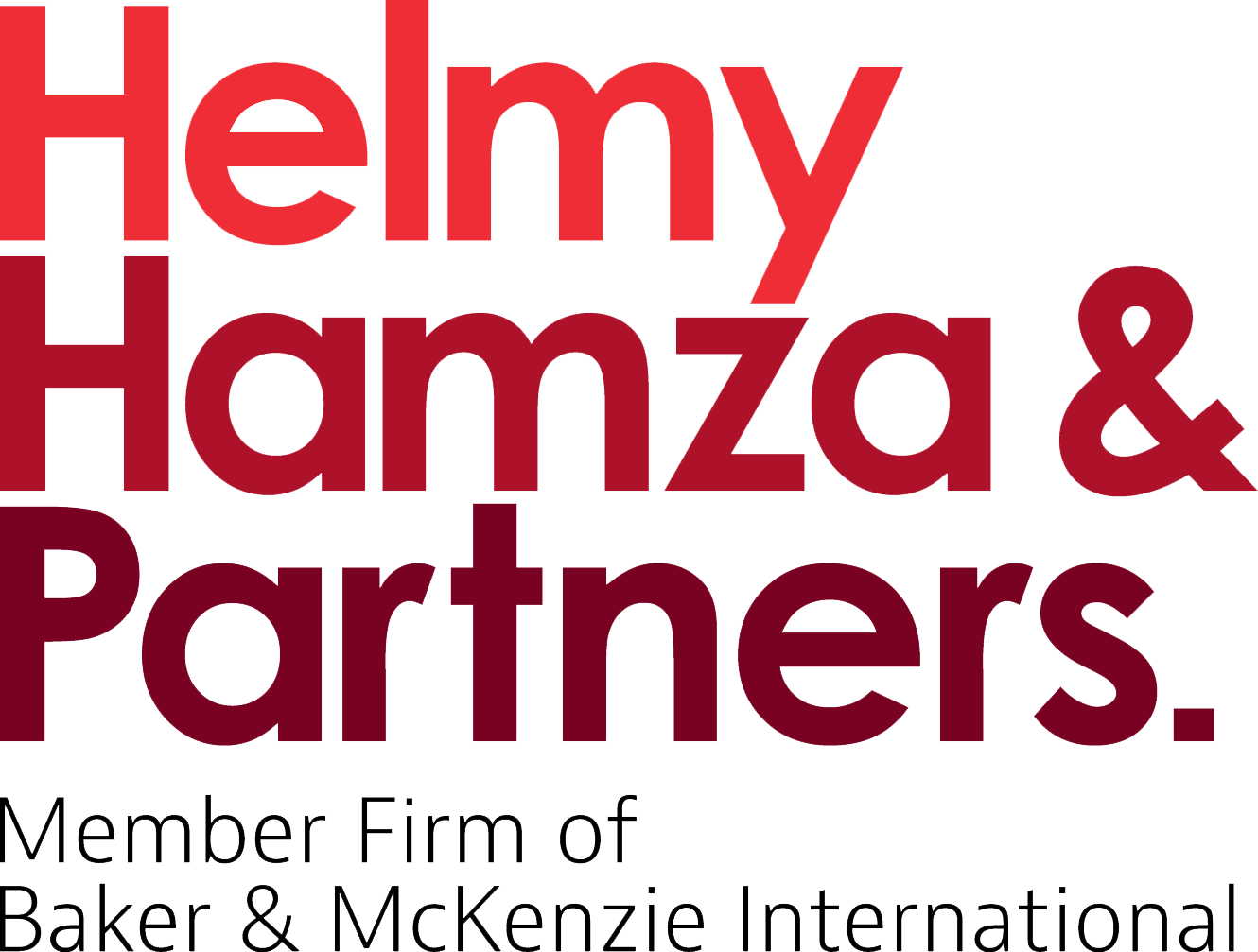In brief
In two recent cases, the Egyptian Competition Authority (ECA) issued infringement decisions against two dominant companies. In the first case, the ECA established that a company operating in the yeast industry has abused its dominance in a number of ways, including restricting passive sales between distributors and also engaging in retail price maintenance (RPM). In another case, the ECA was against a food delivery online e-platform for abusing its dominance by engaging in Most Favoured Nation clauses (MFN) with the restaurants in violation of Article 8 of the Egyptian Competition Law No. 3 for 2005 (ECL).
Contents
Main takeaways
Through these decisions, the ECA confirms that under the existing provisions of Article 8 of the ECL, it is able to expand and catch any form of infringement to the ECL regardless of whether it is clearly stated in the ECL or not. In other words, while Article 8 of the ECL has an exhaustive list of infringements, Article 8 (a) of the ECL is broadly drafted to catch almost all forms of anticompetitive conduct that are not clearly mentioned in the ECL.
In addition, these two decisions clarify that dominant companies in Egypt cannot engage in any of the following:
- Engage in exclusivity arrangements.
- Impose on distributors broad or narrow MFN clauses.
- Impose RPM requirements with their distributors.
- Restrict passive sales.
Background
Article 8 (a) of the ECL states that a dominant company is prohibited from engaging in “undertaking an act that leads to the non-manufacturing, or non-production or the non-distribution, either partially or fully, of a product for a certain period or certain periods of time”. In the following two cases, it will be clarified how the ECA has implemented this Article to establish a number of new key violations under the Egyptian competition regime.
In the first case, a yeast company, which enjoys a dominant position in the fresh yeast market, has engaged in the following practices that were considered by the ECA as violations of the ECL. The practices were as follows:
- Imposing RPM on its distributors to abide by a minimum resale price to consumers, which leads to the prevention of price competition between distributors.
- Imposing restrictions on passive sales of its products amongst its distributors, which means that each distributor is obligated to sell within the specified geographical territory and not allow them to meet the sale requests received from outside this territory.
- Adopt practices that lead to exclusivity in dealing with its distributors, which put an obstacle to existing companies or those wishing to enter the market.
It is worth mentioning that the yeast company has quickly submitted a request to remedy those violations and bring its practices in line with the ECL.
The second case related to a food delivery online e-platform, which, according to the ECA, enjoyed a dominant position in the relevant market. In this case, the ECA has established that this company has violated the ECL as follows:
- Imposed exclusivity conditions in its agreements with the restaurants whereby those restaurants were forced not to deal with its competing companies. According to the ECA, this conduct has resulted in harm to competitors and consumers.
- Imposed tying obligations on the restaurants by tying unreasonable terms and conditions distinct from the relevant products to the product where the company has its dominance.
- By imposing MFN clauses, the dominant company has effectively forced restaurants to unify their prices on all sales channels, which constitutes a violation of Article 8 (a) of the ECL. This conduct has deprived the restaurants from other food e-platforms or from directly delivering to consumers, which restricted their ability to provide better offers at lower prices than those available on the violating e-platform.
The decision of the ECA included a number of remedies to address its concerns.
Conclusions and key takeaways
The above cases indicate the following trends of enforcement:
- The ECA has the ability to interpret the ECL under the supervision of courts and expand the application to catch newer forms of violations. As noted above, the MFN, RPM and passive sales restrictions, while all different anticompetitive violations, were all found to have been in contravention to the ECL under the same Article 8(a) of the ECL.
- The ECA seems to be focusing on strategic cases that fall within the food sector. In a number of interviews, the ECA Chairman confirmed that the ECA is focusing its enforcement on strategic sectors such as foot, medical sector and automotive.
- The ECA, for the first time, imposed a blanket prohibition on MFN clauses. It would remain interesting to see how the ECA will implement the MFN violations under vertical agreements.
- It seems that in exclusive territorial agreements, blanket requirements to obtain the products from the supplier or restrictions on exporting/selling products outside an assigned geographic market can be interpreted by the ECA to be considered as a restriction on passive sales.
- The ECA seems to be increasing its enforcement and using a new tool to establish these violations.
Finally, different stakeholders need to take note of these developments in order to comply with the new enforcement trends of the ECA.

© 2022 Helmy, Hamza and Partners. All rights reserved. Helmy, Hamza and Partners is a member firm of Baker & McKenzie International, a global law firm with member law firms around the world. In accordance with the common terminology used in professional service organizations, reference to a “partner” means a person who is a partner, or equivalent, in such a law firm. Similarly, reference to an “office” means an office of any such law firm. This may qualify as “Attorney Advertising” requiring notice in some jurisdictions. Prior results do not guarantee a similar outcome.




